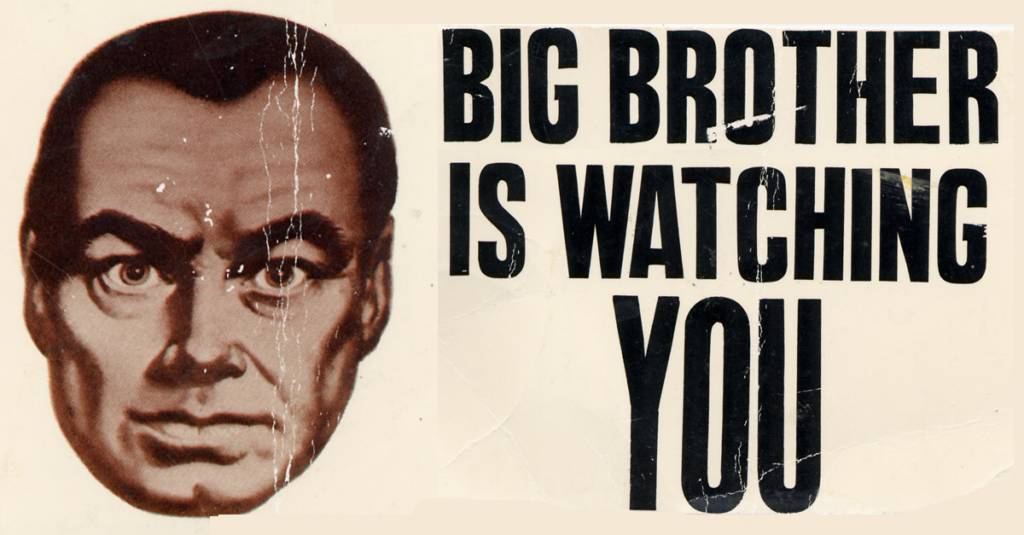1984

How do words incite movements? What is strength, freedom, and peace? Can one believe two contradictory thoughts and agree to both? These are underlying questions at the root of George Orwell’s apocalyptic vision in 1984. Through Newspeak, citizens are divided into inner and outer parties and proles; the world is divided into three world states and historical facts are repeatedly doctored to cater to the needs of the ruling class. Big Brother constantly oversees all and his thoroughness in surveillance is grossly underestimated by Winston Smith, the main protagonist of the novel. As the quintessential everyman, we identify with Winston; we understand his relationship with Julia, what he sees in O’Brien and why he hates Big Brother. But the propaganda presented is subtler than we realize, forcing us to consider what propaganda truly is. Can we avoid falsehoods? Is what we believe truly real? Beyond the claustrophobic forces of state and creed, 1984 amazingly traverses into the metaphysical nature of our existence by underscoring the importance of our relationships with others. Orwell makes it abundantly clear: the loss of love is a far greater death than death itself.